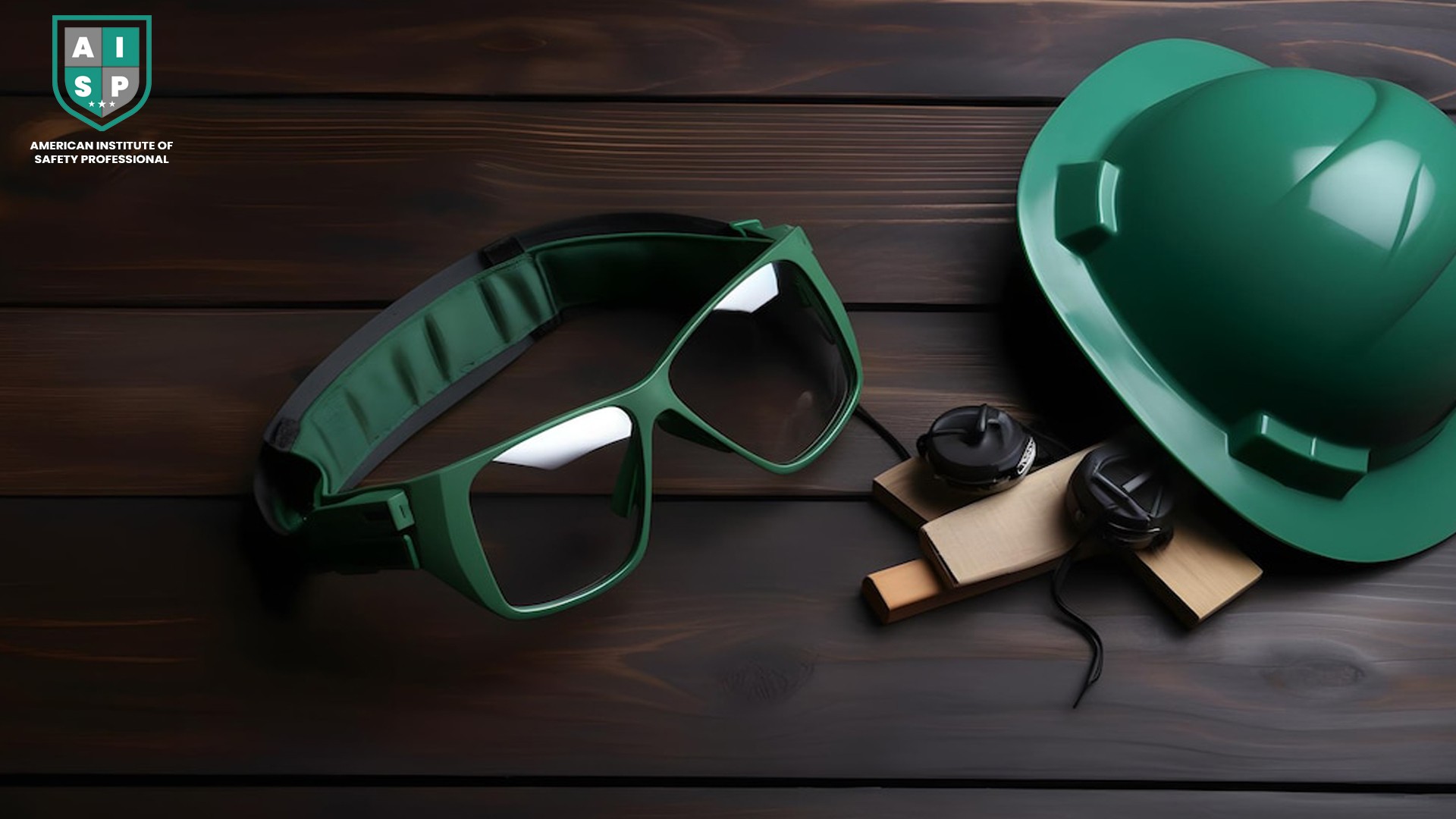Swimming pools and water features are popular additions to residential and commercial properties, providing a refreshing escape from the summer heat and creating an inviting atmosphere. However, it's important to prioritize safety when dealing with electrical installations in and around these aquatic environments. Electrical accidents can have devastating consequences, including injury or even loss of life. In this blog post, we will explore essential electrical safety measures that should be implemented to ensure a safe and enjoyable experience for everyone using swimming pools and water features.
1. Hiring a Qualified Electrician
When it comes to electrical work, it's crucial to engage the services of a licensed and experienced electrician who specializes in pool and water feature installations. A qualified electrician will have the necessary knowledge and skills to design, install, and maintain electrical systems in compliance with relevant safety codes and standards. They will also ensure that all necessary permits are obtained before commencing any work, giving you peace of mind that your electrical installations are in capable hands.
2. Ground Fault Circuit Interrupters (GFCIs)
Ground fault circuit interrupters, commonly known as GFCIs, are critical safety devices that protect against electrical shock hazards. GFCIs work by detecting imbalances in electrical currents and shutting off the power supply to the circuit in milliseconds if a fault is detected. GFCIs should be installed on all electrical circuits that are in close proximity to water, including those serving swimming pool pumps, lighting fixtures, and water feature components. Regular testing of GFCIs is also important to ensure their proper functioning.
3. Proper Pool and Water Feature Bonding
Electrical bonding is the process of connecting all metal components associated with a pool or water feature to a common bonding grid. This includes metal reinforcing bars, handrails, ladders, and light fixtures. The purpose of bonding is to minimize the risk of electric shock in the event of a fault by equalizing electrical potentials across these metallic parts. A qualified electrician should perform bonding according to local electrical codes, ensuring that all relevant connections are secure and corrosion-resistant.
4. Waterproof Lighting Fixtures
Lighting plays a crucial role in enhancing the ambiance and safety of swimming pools and water features. However, it's important to use lighting fixtures that are specifically designed for wet locations. Waterproof lighting fixtures are constructed to prevent water ingress, reducing the risk of electrical malfunctions and shock hazards. Additionally, it is essential to ensure that all underwater lighting installations are properly sealed and regularly inspected to maintain their integrity.
5. Regular Maintenance and Inspections
Ongoing maintenance and inspections are essential to identify and rectify potential electrical hazards before they pose a threat to swimmers and individuals enjoying water features. Regularly check electrical connections, wiring, and equipment for signs of wear, damage, or corrosion. Ensure that all electrical equipment is properly grounded and that protective covers are securely in place. It is also advisable to schedule periodic inspections by a qualified electrician to ensure compliance with safety standards and address any emerging issues promptly.
6. Education and Awareness
Promoting electrical safety education and awareness among pool users and staff is crucial in preventing accidents and promoting a culture of safety. Display clear and visible signage highlighting electrical safety precautions and emergency procedures. Educate pool users about the potential dangers associated with electrical equipment and emphasize the importance of reporting any electrical issues immediately.
Conclusion
Electrical safety should always be a top priority when dealing with swimming pools and water features. By hiring a qualified electrician, installing GFCIs, implementing proper bonding, using waterproof lighting fixtures, conducting regular maintenance and inspections, and fostering education and awareness, you can significantly reduce the risk of electrical accidents and create a safe environment for all those who enjoy these aquatic spaces. Remember, when it comes to electrical safety, prevention





0 comments
No Comments